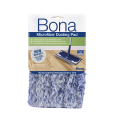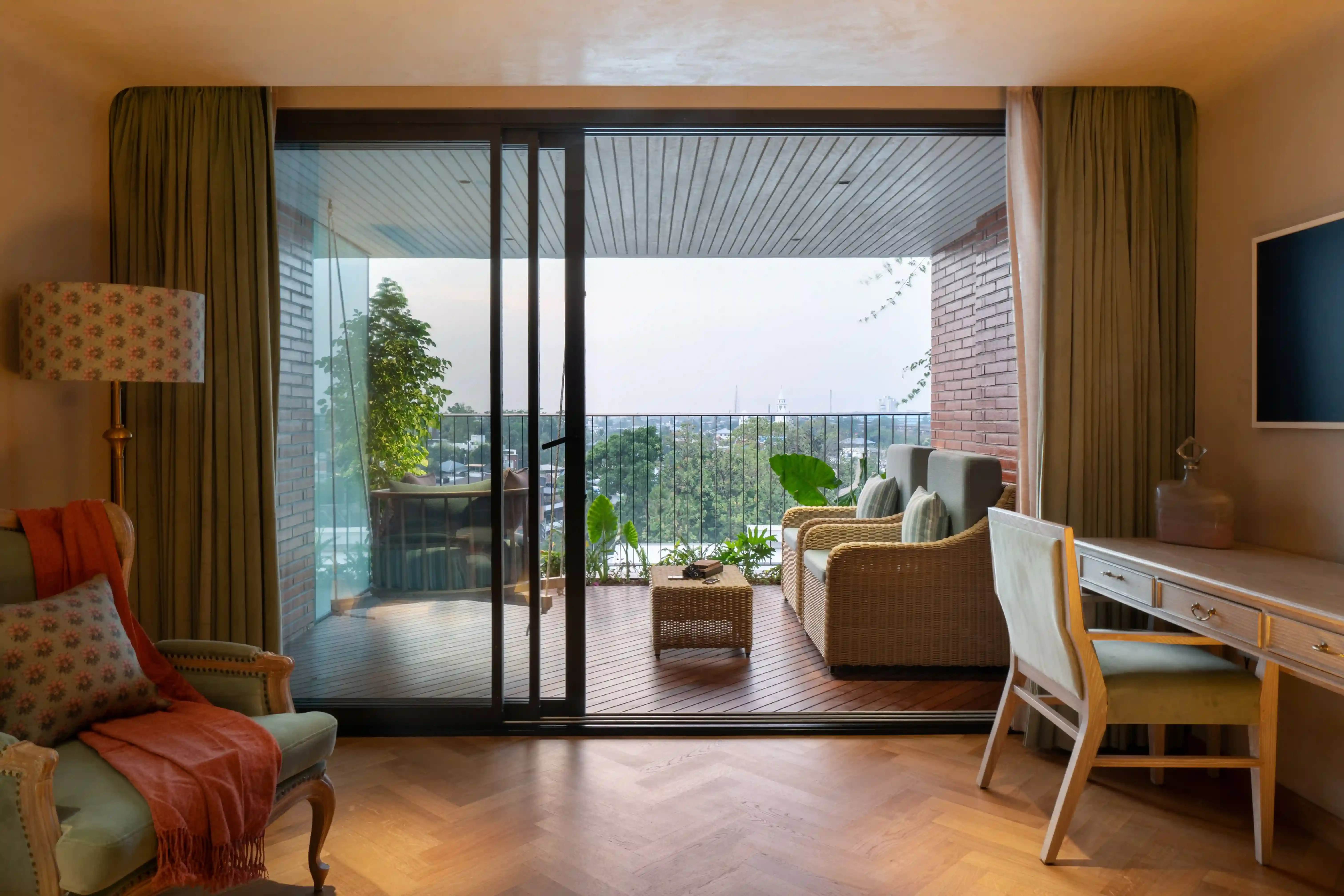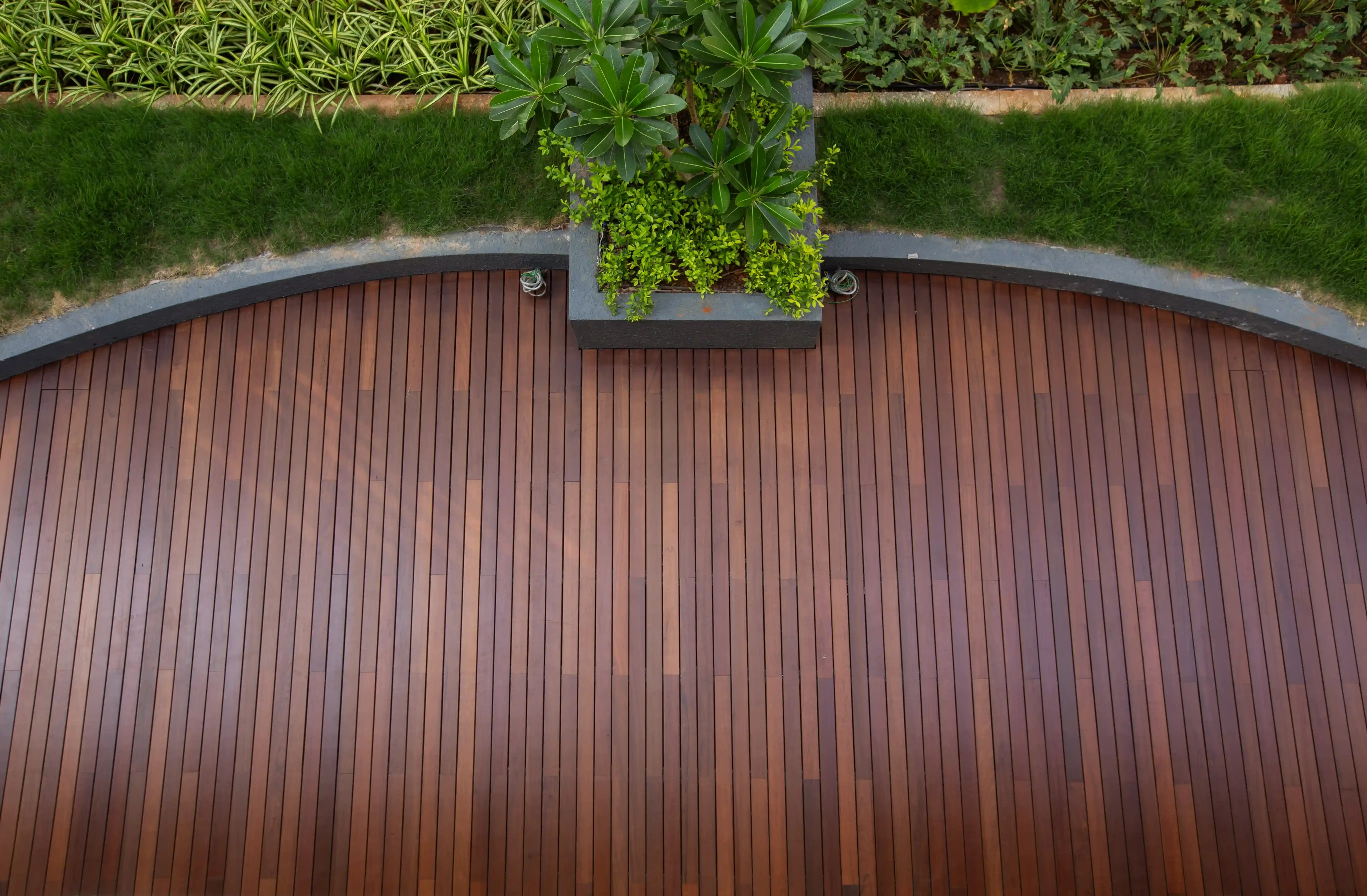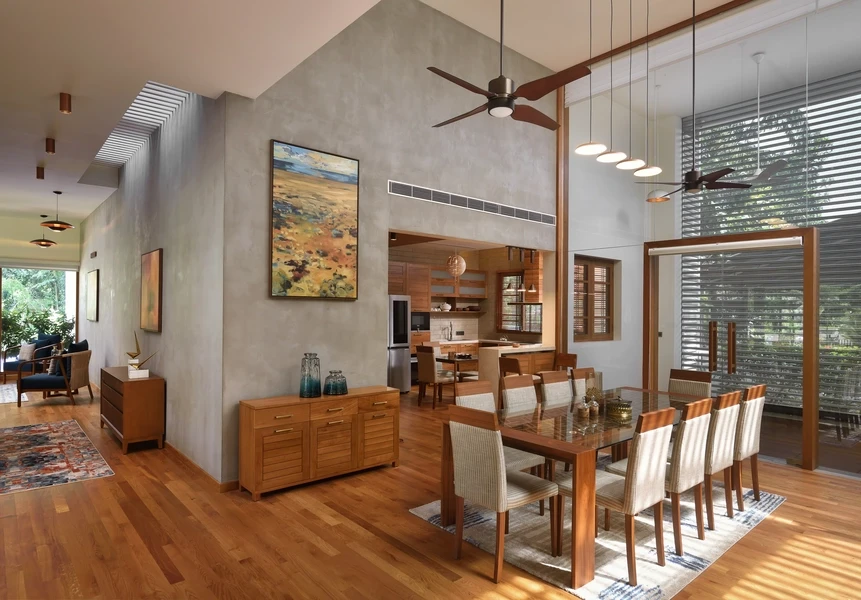The popularity of wood as a material for construction
and furniture has risen rapidly over the past decade. Wood is an excellent
flooring material – gives value for money and attracts excellent user reviews.
Wood Flooring
As wood flooring is made from timber, it gives you that “closer to
nature” and “environment-friendly” feeling. Once the flooring is done and
maintained properly, its fibrous nature makes it less likely to crack or break.
It is easy to renovate wooden floors because all you need to do is sand the
floor and apply the finish at the time of maintenance.
Choosing wood for your flooring requirements is an elaborate and
painstaking process. The manufacturer would inspect the color variations, knots
and grain patterns to suit the designs required by their customers.
Advantages of Wood as a
Flooring Material
When wood is responsibly sourced, it proffers several advantages:
- It is a durable material and can last hundreds of years.
- Wood will adjust according to environmental changes, but
these changes are temporary.
- As timber has low thermal conductivity, it is perfect for a
tropical country like India.
- Well-chosen wood provides stability and strength to the
floor.
- It enhances aestheticism of your home.
- It reaches an equilibrium with the environment.
Wood flooring will change with the seasons, and even though wood
is made from dead trees, it can still react to the heat, cold and climatic
conditions. The best thing about wood is that it is a natural product and can
be perfect for any kinds of weather.
Factors that Determine the
Selection of the Right Timber Species
There are two main factors involved:
1. Stability
Timber is an ideal choice for flooring, irrespective of the
weather; it has a very low thermal conductivity. This is probably
why certain timber species react less to climate changes. Different
kinds of wood species have different kinds of shrinkage levels as it all
depends on their chemical properties and structure. When there is moisture
in the air, it causes the wood fibres in the timber to expand, and when the
moisture level recedes, wood contracts.
Dimensional Stability
The dimensional stability (DS) of timber is a major
feature to consider because it portrays how well the material can maintain its
original dimensions when used for its intended purpose. This stability makes it
an obvious choice for flooring, especially when a significant amount of load
has to be shouldered.
Manufacturers calculate the dimensional change
coefficient of the wood to check its shrinkage and swelling characteristics.
This is because when the expansion and contraction cycles happen, the wood moves
in a tangential, radial and longitudinal movement, affecting the stability.
2. Density
Low density wood will be light and prone to dents.
Common varieties include redwood, cedar, hemlock and Douglas fir. Hard density
wood would be heavy and will not dent easily. Examples are beech,
Brazilian cherry, walnut, rosewood, etc.
The density of wood is measured through the Janka hardness test, which will, in turn tell you about the denting and wearing
resistance of the material. Janka Hardness test is done by embedding a 11.28
millimeter diameter steel ball into a wood sample. The steel ball would
be driven to the wood’s half diameter. It would also help you to distinguish
between exotic wood and domestic wood.
There are softwoods and hardwoods based on their
density. It is always better to go for a balance between the two for enhanced
stability and durability. After all, your flooring should have excellent
strength and withstand dents and moisture to a certain extent.
3. Colour
As you must have observed by now, there is a plethora of options with timber flooring. Durability, grain patterns,
colors, pricing – all these play a very important determinant in choosing the
timber type. Here are a few scenarios to consider:
- If you have kids and pets, then choosing the hardest wood
species would be a wise choice.
- If you want a traditional and classic look, then wood milled
from ash, maple and oak woods would be good.
- Walnut gives off a darker finish to the room, but a much
desired, warmer and rich tone.
- Redwood flooring for a warm and inviting living room
- Dark stains on wood deliver a contemporary backdrop
- Rooms with low ceiling look good with light colored floors
- Red, brown, and warm golden colors are perfect for cozy
looking rooms
Of course, the ultimate choice would be yours, enhanced
by the architect’s suggestions and the aestheticism of your room’s interiors.
The color of timber will be dependent on design elements of your room like
textiles, cabinetry and wall coverings.
4. Pricing
The pricing of timber depends of three important
factors, described below.
(1) Width, Thickness and Length
of Individual Strips
Hardwood flooring comes in different sizes, width,
thickness and length. The uniqueness of the product is dependent on the process
of manufacture, and this would influence the pricing as well.
If you want to do wider-level flooring, then naturally,
the timber must be really thick. It is important to design the timber
correctly. If not, the dimensional stability of the wood will be affected
drastically. While designing, make sure the width and thickness of each strip
is in perfect proportion with each other, to ensure perfection and quality.
Some timber floors require periodic sanding and
refinishing, while some do not. And longer, wider strips of wood are
comparatively costlier.
(2) Method of Installation
Did you know that you can gauge the success of installation even
before the flooring is actually done? The width, thickness and length of each
strip play an important role in the installation process. There are two main wooden flooring installation methods for residential
and commercial purposes, namely 1) Nailing and 2) Gluing
Nailing
Nailing is perfect when you have a subfloor that has planks
nailed to it. Such subfloors give off a solid feeling when walked upon.
The nail down method can be done with pneumatic nail gun and
nailing cleats. This makes installation easy and quick. Use 2-inch long cleat
nails to install 3/4 inch solid wood flooring over the sub floors. It is
important to install with a nailer made specifically for the thickness of
hardwood flooring.
Gluing
The glue-down method of installation is when the wood is glued directly
to the subfloor with the help of an adhesive. It is a very solid method, where
the strips are placed directly onto the adhesive. It is important to check the
moisture reading of the floor during the installation.
It would be advisable to use an adhesive with moisture barrier.
When installed, it doesn’t give off any sound during treading. Interestingly,
the glued down method works well for a moisture prone environment.
Other factors that affect the price of timber are –
availability of timber and the complexity of the job. Factors determining the
success of installation are also directly related to the subfloor you choose,
the moisture content in the wood and the extension gap.
Nailed + Glued
Nailed and glued installation is another method of
wooden flooring, mostly used in tropical countries like India. In this method,
wooden reapers are initially nailed onto the cement subfloor. After that,
wooden planks are glued down and then nailed to these reapers. The advantage of
this type of installation is that, you get the benefit of both nailing and
gluing methods.
(3) Species of Timber
Another factor governing the price is the type of the
timber species itself. For example, in India, teak has been a preferred timber
species for construction from time immemorial. Owing to its excellent stability
and hardness, it’s very much a popular option for hardwood flooring and hence,
one of the most expensive timber species.
Conclusion
Wood is a renewable resource, making it an environment
friendly option. It is a dynamic, timeless and elegant flooring material,
providing warmth, grace and rugged durability to your home. The fact that it is
very easy to maintain adds to its charm.
There are different ways to have beautiful timber
flooring installed. You can leave them raw, have them stained or choose the
best wood finish that suits your requirements. Timber is most definitely, a
versatile and dominant raw material for creating lovely home floors.
Get in touch
Gandhi Square, Poonithura
Cochin - 682 038
+91 484 4031559
+91 9995 976 666
info@westwoodfloorings.com
westwoodfloorings.com
Want to work with us? View job openings










689c6fbd0cc62.jpg)
 GREENGUARD Certified products and systems.
GREENGUARD Certified products and systems.
Looking For Wooden Floor Renovation | Westwood Care










689c6fbd0cc62.jpg)




